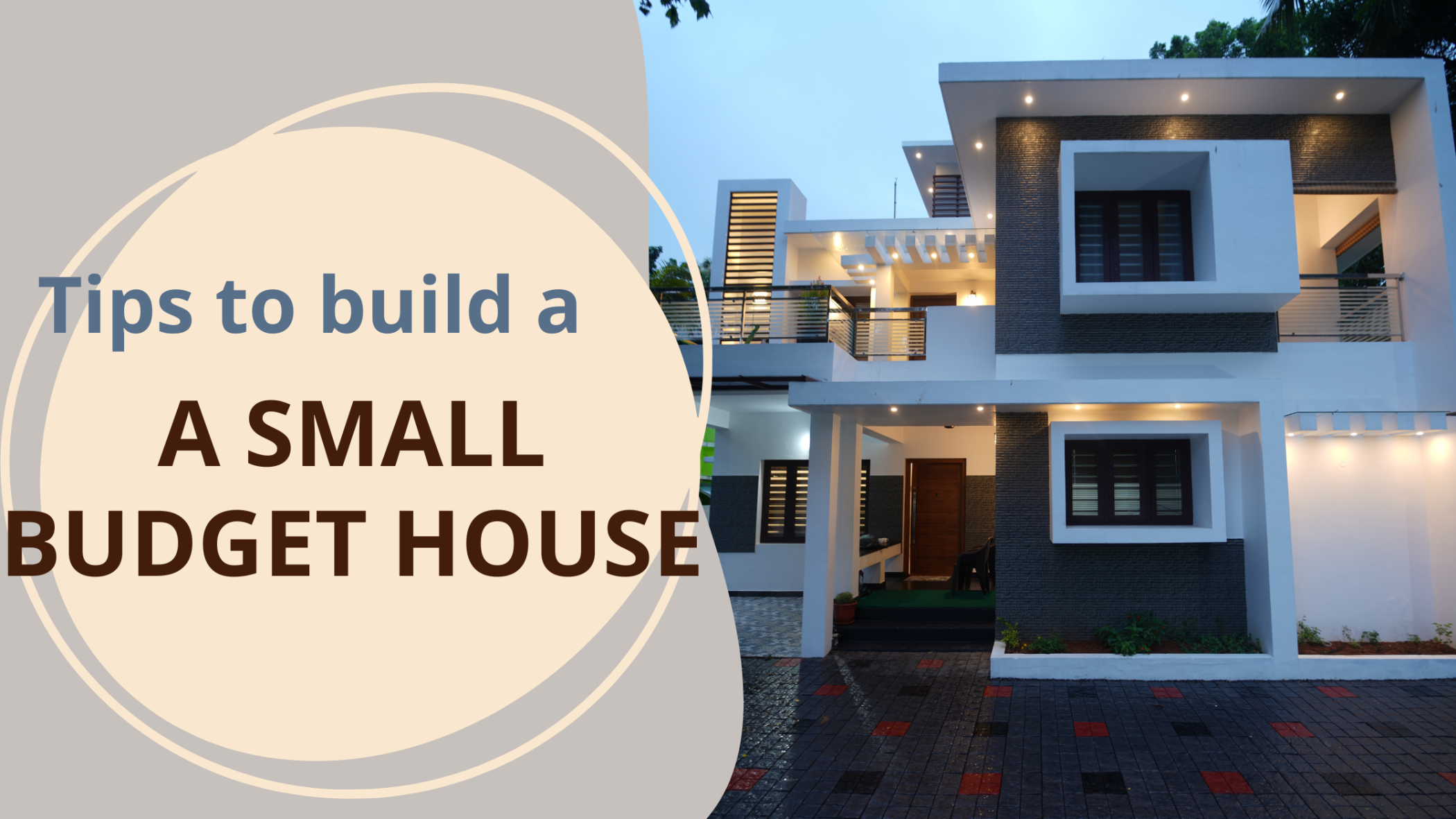Making the most of a small residential construction budget requires careful planning and strategic decision-making. Here are some essential tips to help you make the most of a small residential construction fund and yet create a small budget house:
Define your priorities: Start by defining your priorities for the dream project. A home is a one-time, dream come true project for most of us, so plan in advance. Hold discussions with your family members, including your kids. Understand what each one of them need from their home and try to come up with a design that appeals to all. Remember happy people make happy families.
What are the most important aspects that you want to achieve with your construction project? Focus your budget on these key priorities and identify where you can make compromises on less important aspects.
Set a realistic budget: You may decide to fund your home through a home loan or other personal savings. Define how much you plan to spend, well in advance. You should also include a buffer to cover unforeseen expenses. Be realistic about your budget and what you can achieve with your budget. Don’t consider your home as a status symbol or compare it with your neighbors’ homes. Avoid setting unrealistic expectations and overspending. Work with your contractor or architect to develop a realistic budget that takes into account all the necessary costs.
Opt for affordable building materials: Opt for affordable building materials such as local stones, bricks, tiles or concrete blocks. This can save you money on transportation costs, and local materials tend to be more affordable than imported materials. Also, it would be easier to procure these materials at a later stage, for maintenance or extension works.
Simplify the design: Simplifying the design of your construction project can help to reduce costs. Avoid complex designs that require expensive materials and extensive labor. Emphasize on functionality rather than intricate designs. They will burn a hole in your pocket during construction phase and also pose huge maintenance issues later.
Focus on energy efficiency: Incorporating energy-efficient features into your construction project can help to save money on utility bills over time. Focus on features such as solar panelling, rain water harvesting, biogas plant, energy-efficient windows, and energy-efficient appliances.
Consider DIY options: If you have the skills, consider doing some of the work yourself. This can save you money on labor costs, but be sure to only take on tasks that you are comfortable and capable of doing. The sense of pride that comes with seeing your craftsmanship being part of your dream home is an added bonus.
Plan for the future: Consider how the construction project can be expanded or modified in the future, and incorporate these plans into the design. This can save you money in the long run, as it can be more expensive to make changes after the construction project is completed.
Hire a reputable contractor: Hiring a reputable contractor with experience in working within a tight budget can help to ensure that your construction project is completed within budget and to a high standard. Get in touch with Viya to know more about small budget house construction.
